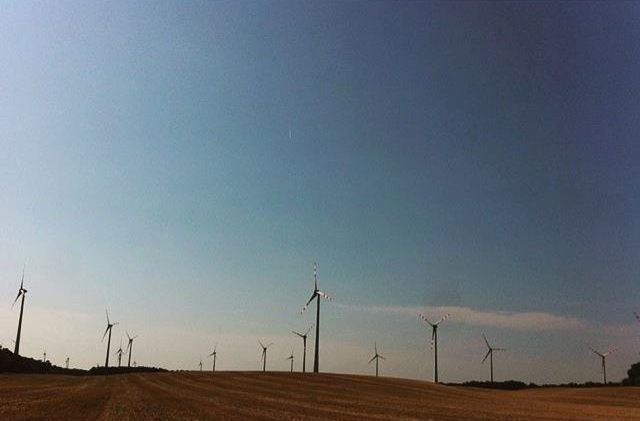Written by:
Dragoș Rusu
Share article:
A free mind
How to start… how to start… There’s always this big pressure upon the ‘keeper of the words’, when you have to smash and completely destroy the boundaries of hesitation and indecision, and finally start writing the very first words that come out from your sweaty fingers; so you keep on writing those words until later, when they will serve as a story about the Konfrontationen festival, that I just experienced for the first time a couple of weeks ago. It’s been happening for 36 years in the picturesque Nickelsdorf, a small Austrian village located near the Hungarian border.
The hesitation mentioned above is no excuse for what you’ll read in the following; since I still find the free jazz and improvised music as being very esoteric and since I’m a total newbie in the Nickelsdorf festival traditions, don’t expect to read that kind of elaborated review that I would wish to read, if I would be the reader. But I am not hopeless; as Moondog would say it, ‘’I am never quite educated, never quite so, but I am ever in the painful process of becoming so’’. With no more wandering of anticipation, I take a sip from the cool glass of spritzer (getting in the mood), play the ‘’Cosmic Tones For Mental Therapy’’ album of Sun Ra and jump in the pool.
4 days. 22 concerts. About 70 musicians playing all kinds of instruments live. I look at the program. I soon realize I don’t know shit about this music, so I will have to take it the other way - a more sensorial approach would probably fit, rather than a cognitive one. And I was part of a great team of companions who kindly guided me, offered some clues and introduced me to the history of this festival and to some important free jazz musicians.
I don’t know if it’s just me, but if one looks at it from the outside, from the point of view of a regular music enthusiast, they most probably have never heard of this festival, despite the fact that it’s happening for almost four decades now. Konfrontationen never aimed to grow in quantity, but in quality; and it did flourish brilliantly. The festival still keeps this ‘’in-famous’’ quality, as my friend B. would say. Of course, throughout the years it developed into an annual - traditional - and very special event focused mainly on the community of free jazz and improvised music. And it’s still happening in a very closed circuit of people who come here from all around the world; all kinds of people of different ages - from (more recently) youngsters coming from the Internet era, up to middle age persons and seniors. Yes, you often get to see really cool grandpas and grandmas tripping out on the weirdest noise, experimental, haunting saxophone solos or electronics. You could see some of them closing their eyes and moving their heads slowly, back and forth. People come here from different corners of Europe (including Germany, Italy, Spain, Portugal, Romania, Greece, etc.) but also from the United States. Some of them are travelers; some of them are normal people with normal lives, who gather here to celebrate the freedom of music.
*photo credits: Eduard Alexandru




